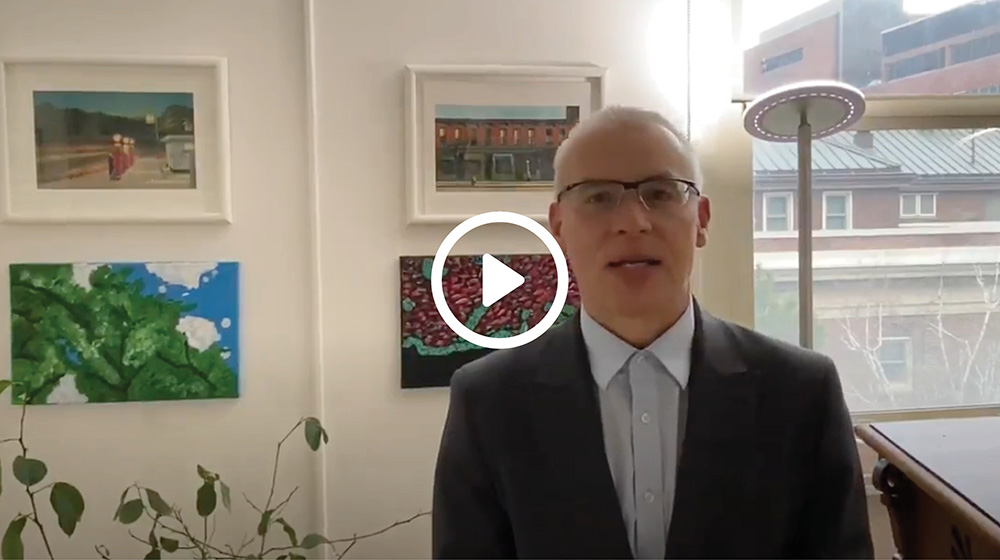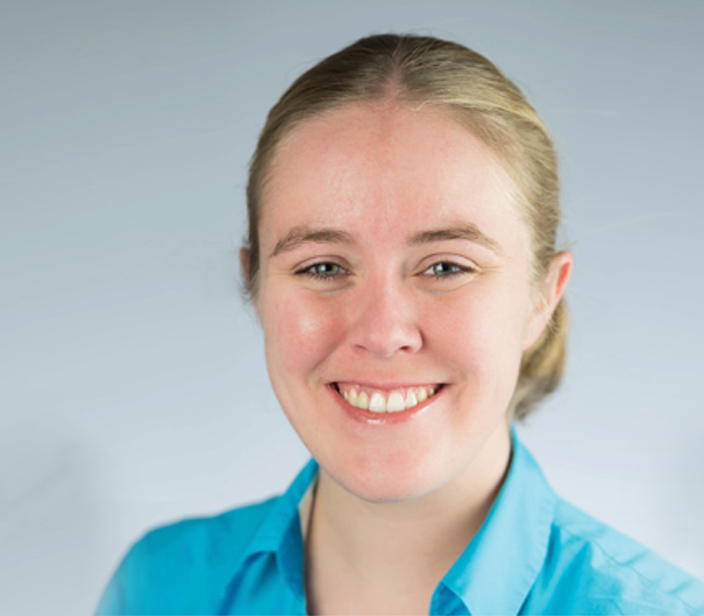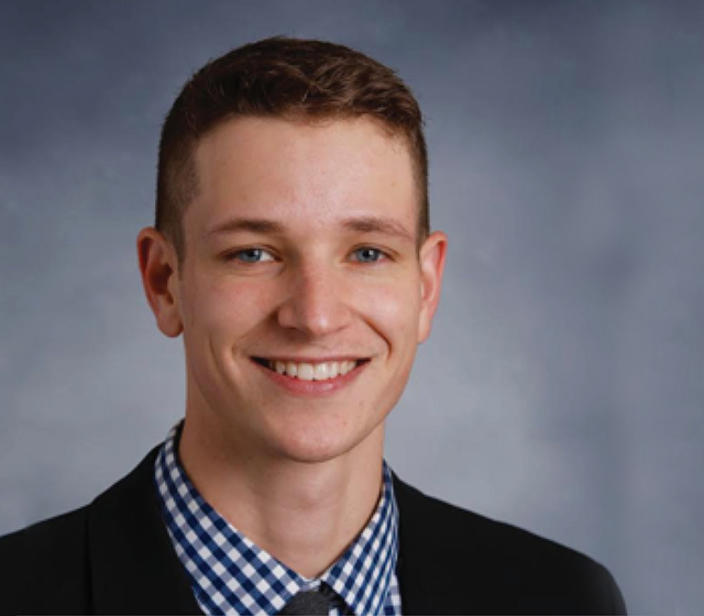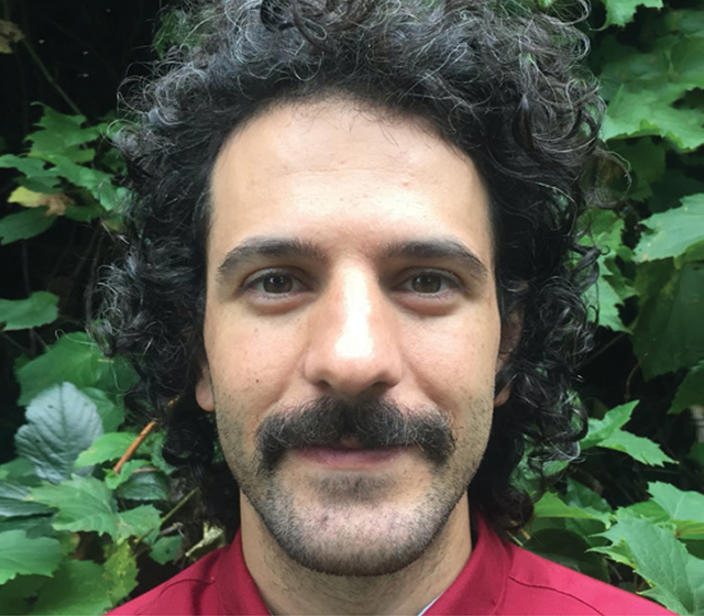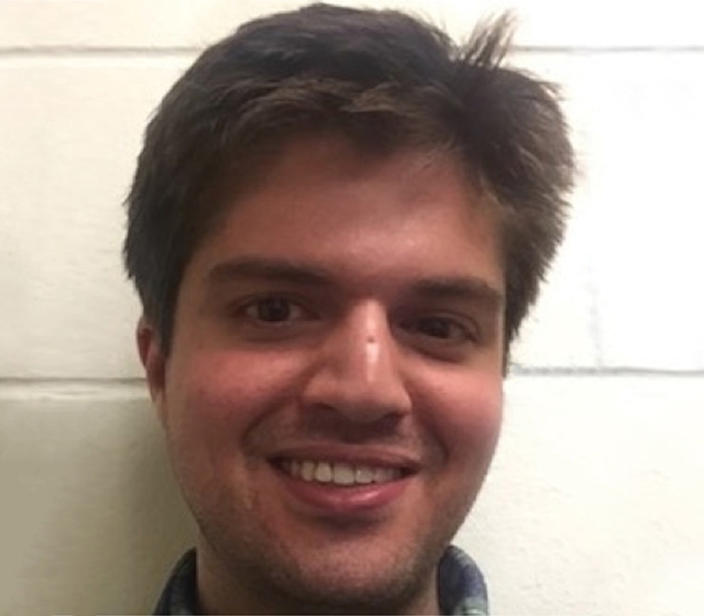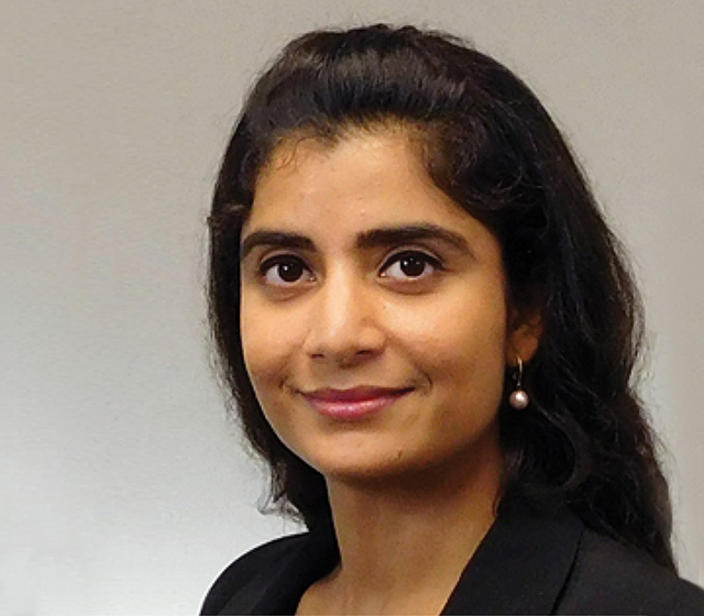
Earth Day 2020
Who Are We? Why Are We Doing This? Can I get involved?
Good question. “We” are just a group of medical students who are catalyzed to action for climate change, especially in our role as future health professionals. This work all started in the fall of 2019 with the Medical School Student Council drafting a “Call To Action” to the Dean and other leaders, which resulted in the formation of an informal Medical School Climate Change Committee. This group works to identify areas of opportunity for us as a school to become more aligned on climate change initiatives from a health professional perspective.
This webpage is meant to highlight University voices on climate change and sustainability as well as resources on our campus and globally for your use on Earth Day 2020.
Climate change is a global issue that requires many voices and collaboration. We invite anyone who is interested to fill out this form for more information, including committee membership.
Opportunities for Engagement
JOIN HEALTH STUDENTS FOR A HEALTHY CLIMATE
Join Health Students for a Healthy Climate on Thursday, April 23, at 6:00 p.m. via Zoom for a climate conversation hosted by the College of Veterinary Medicine. This will be an open discussion about animal health as it relates to the environment and human health.
While we work to expand environmental health discussions in our own curriculum at the University, students currently wishing to gain a deeper understanding of the relationship between the environment and human health can take this free, online course offered by the Harvard School of Public Health.
JOIN MEDICAL STUDENTS FOR A SUSTAINABLE FUTURE
Medical Students for a Sustainable Future (MS4SF) is dedicated to uniting students invested in the health of our planet and patients by providing medical students with tools to make a difference at their institution and in the community through advocacy, curriculum reform, research and climate-smart healthcare.
Becoming a member will connect you to a network of passionate students and keep you up-to-date with concise, monthly emails. There are infinite ways to become involved, and we are in great need of more medical student voices advocating for environmental health. MS4SF is an independent, medical student-led group advised and supported by Health Care Without Harm, an international non-governmental organization.
MAKE YOUR VOICE HEARD
Coalition for Advancing Climate Health Education (CACHE)
CACHE is a group of students and faculty aimed at advancing environmental health in our curriculum by integrating relevant information in existing lecture structures and developing new lectures and elective courses. The group will meet once every quarter to re-evaluate progress, using the Planetary Report Card as a guide.
USCF National Survey
The survey consists of approximately 20 questions and takes about 5-10 minutes to complete. You will generate your own study identifier (no names will be associated with the survey responses) to allow for maintenance of confidentiality, as well as to link data collected from you in the future when this survey is distributed again to track changes in student perceptions as climate health curricula changes over time. Survey responses will be saved on a secure, password-protected storage service, and only designated study personnel will have access to study data. If you are interested in participating, please click this link on your computer, tablet, or smartphone to complete the survey by June 14.
Earth Day Panel 2020
Climate Change Grants
The Climate Change Grants are an exciting challenge to graduate and professional students in the College of Science and Engineering and Medical School to utilize their expertise to help solve one of the biggest global challenges of today—climate change. The grants focus on reducing medical system material waste—a key issue to reduce healthcare’s impact on the environment. Awards are given to interdisciplinary teams to lead this charge, specifically to develop compostable materials and reduce material waste.
Below are the two groups who received the 2020 Climate Change Grants.
ADDITIONAL RESOURCES
UN Environment Program, Coronavirus - A message from nature
New York Times, "A crash course on climate change, 50 years after the first Earth Day"
